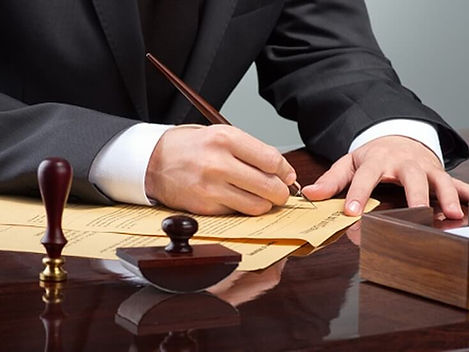The world of screenwriting has seen a remarkable evolution with the advent of artificial intelligence, and ChatGPT has emerged as a versatile tool in the arsenal of many creative minds. However, with great innovation comes great responsibility, especially regarding legal matters like copyright. In this article, we’ll embark on a journey to demystify the legal implications of using ChatGPT as a screenwriter and provide practical tips to avoid potential pitfalls.
A recent incident prompted me to write this Article. I read the news article that talented filmmaker Mr. Shekhar Kapoor, renowned for his classic film “Masoom,” is gearing up for the much-anticipated sequel, “Masoom-2.” In his quest for creativity, he turns to ChatGPT to help craft the story. To his astonishment, ChatGPT delivers a compelling storyline. Of course! He says that his creativity (human creativity) is much ahead of ChatGPT’s creativity! But, for the sake of our article– who owns the intellectual property rights (IPR) of this ChatGPT-generated story?

To tackle this question, we need to delve into the legal nuances of content creation using ChatGPT. We posed this very query to OpenAI, the brains behind ChatGPT, and received the following response:
“Subject to the Content Policy and Terms of Use, you own the output you create, including the right to reprint, sell, and merchandise – regardless of whether the output was generated through a free or paid plan.”
Sounds simple, right? Well, it’s not as straightforward as it may seem. According to the Copyright Act of 1957, an individual can claim ownership of copyright over a “Work” if it is deemed original. The catch here is that ChatGPT operates by generating content based on pre-existing data, raising the possibility that the output may contain copyrighted material from other sources. Using ChatGPT’s work could potentially lead to copyright infringement. Adding complexity, the Terms of Use of ChatGPT acknowledge that due to the nature of machine learning, the output may not always be unique across users. It might generate the same or similar output for multiple parties. Consequently, the risk of copyright infringement claims cannot be entirely dismissed. Moreover, ChatGPT might produce substantially similar content for different users, potentially sparking disputes over copyright ownership. In light of these challenges, it seems that the Copyright Act of 1957 is due for some updates to address the evolving landscape of AI-generated content and provide much-needed clarity.
Now, the question arises: Should screenwriters steer clear of ChatGPT due to the looming specter of copyright infringement? This dilemma parallels the decision to stop driving a car out of fear of an accident. ChatGPT is, without a doubt, an invaluable tool that can enhance creativity and save precious time for screenwriters. Rather than viewing ChatGPT as a shortcut for blind copy-pasting, screenwriters should consider it a smart device to elevate their scripts. You can utilize it to generate unique prompts for inspiration, improve the quality of sentences, fine-tune your scripts, and much more.

However, if you harbor concerns about potential legal risks, it’s wise to consult with an entertainment lawyer who specializes in navigating the intricate world of copyright. They can provide tailored guidance and address your doubts and concerns, ensuring you use ChatGPT in a legally sound manner. In the ever-evolving landscape of content creation, the intersection of artificial intelligence and copyright poses both challenges and opportunities. ChatGPT, as a powerful AI tool, has become a valuable asset to screenwriters worldwide, but it also raises questions about intellectual property rights.
The key takeaway here is that while ChatGPT offers immense creative potential, it’s crucial to tread carefully and responsibly. Understanding the legal implications and staying updated with the evolving laws in your jurisdiction is essential. We are available to address your concerns and help you navigate the intriguing world of AI-generated content. Feel free to book your legal consultation by writing to us at attorneyforcreators@gmail.com. In the end, embracing ChatGPT as a creative ally while keeping a vigilant eye on the legal landscape is the recipe for success. It’s time for screenwriters to harness the power of AI, infuse their scripts with innovation, and embark on exciting storytelling journeys, all while respecting the bounds of intellectual property rights.






